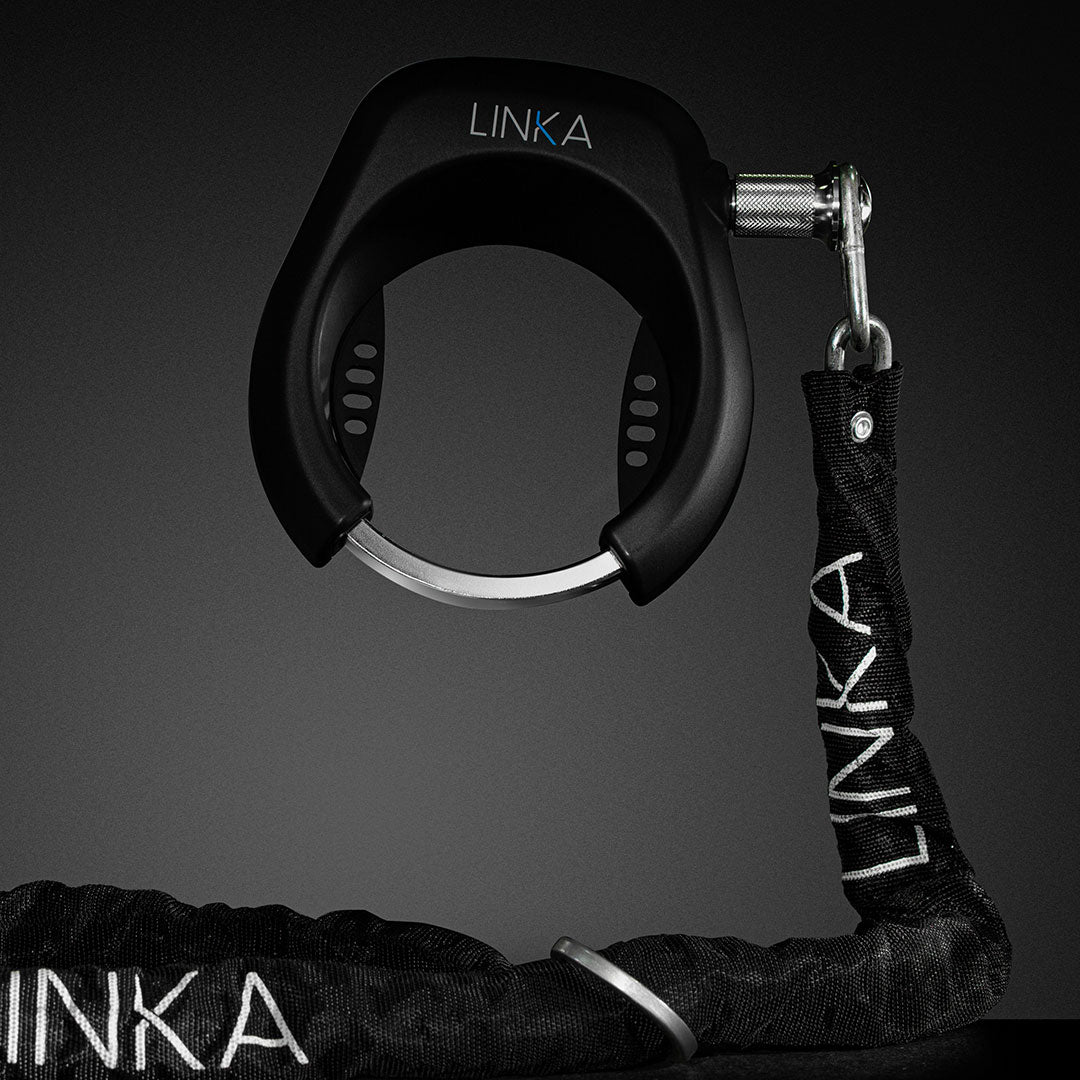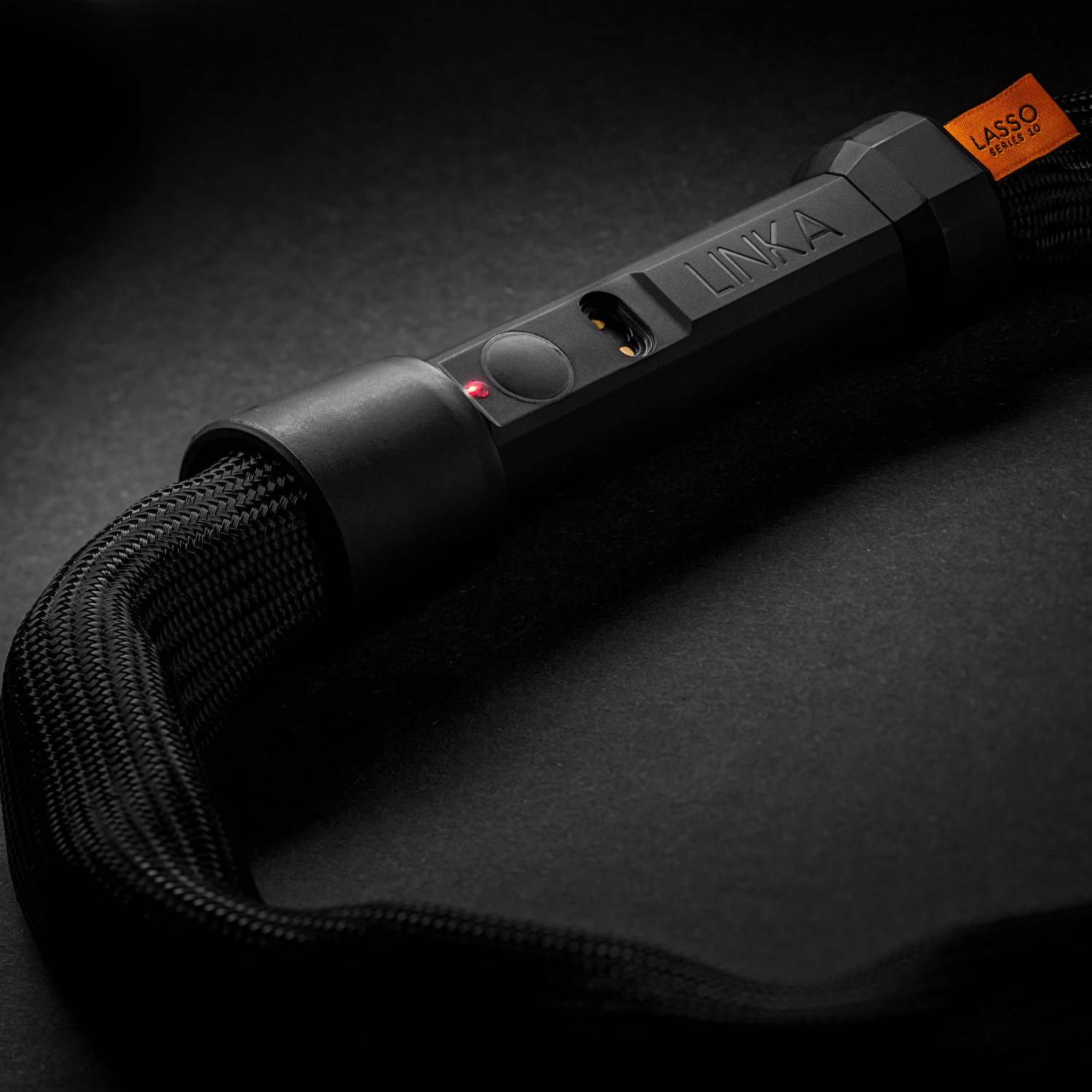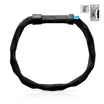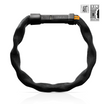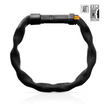
Modern technology has revolutionized many aspects of our lives, including home security. One key innovation currently gaining popularity is the smart lock. But do smart locks run out of battery? That is a question homeowners often grapple with when considering the switch from their traditional keyed systems.
By looking at the power needs, expected battery life, and signs that a smart lock’s battery is running low, we will answer your question and give you all the necessary insights required for smart lock maintenance and operation. This will keep you one step ahead and ensure your home remains as secure as possible.
Smart Lock Power Needs
Smart locks operate using a small integrated motor that triggers the lock mechanism, which requires power. This power is typically supplied by batteries, making it mostly independent of grid power and functional even during power outages. Importantly, updates and operations of the lock system do not consume excessive energy, thereby elongating the life of these batteries.
The type of batteries used in smart locks varies with the design and brand of the lock. Some models use standard AA batteries, while others may use a rechargeable lithium-ion battery. The latter is becoming more common due to their long life span and minimal ecological footprint.
While the battery component of a smart lock definitely provides handy features like remote control and deadlock alerts, it's also a crucial part in ensuring physical security.
Battery Life Of A Smart Lock
Although smart locks are powered by batteries, you need not worry about them running out every other month. Depending on the usage, brand, and quality of the batteries, a typical smart lock battery can last between 6 months to a year. Some premium locks with specially designed energy-saving features can extend this duration even further.
Certain features like one-second ultra-fast unlocking consume more power and may require more frequent battery replacements. However, smart technology integrated within these locks often guarantees efficient energy consumption, despite the high-power activities.
Smart locks provide value through their long-lasting battery lifetimes coupled with the high-level security they offer.
Signs Of A Low Battery
To prevent an unexpected lockout due to a dead battery, most smart locks incorporate warning mechanisms. When the battery starts to run low, the lock sends you notifications either through in-built alarms, flashing LEDs, or notifications on the associated smartphone app.
This fosters proactive battery changes and ensures continuous, uninterrupted security. Manually checking the smart lock’s battery status within the device's app will also allow you to track the battery health and change it timely.
In Conclusion
To conclude, while smart locks do depend on batteries for their operation, they are designed and built to provide long periods of service before a change is needed. The technologies integrated within these devices ensure efficient energy consumption, extending battery life even with frequent use.
Therefore, if you've been holding back because of battery concerns, know that innovative measures have been implemented to address these fears. We encourage you to explore the world of smart locks, and with products like our LASSO smart chain locks, we promise reliability, longevity, and overall heightened security for your property. For lasting performance, smart security solutions and more, consider giving smart locks a chance.

